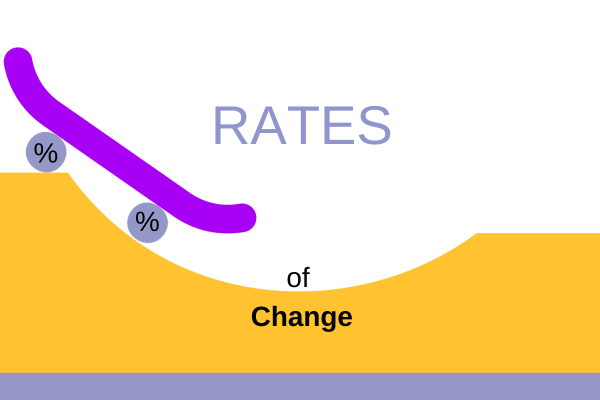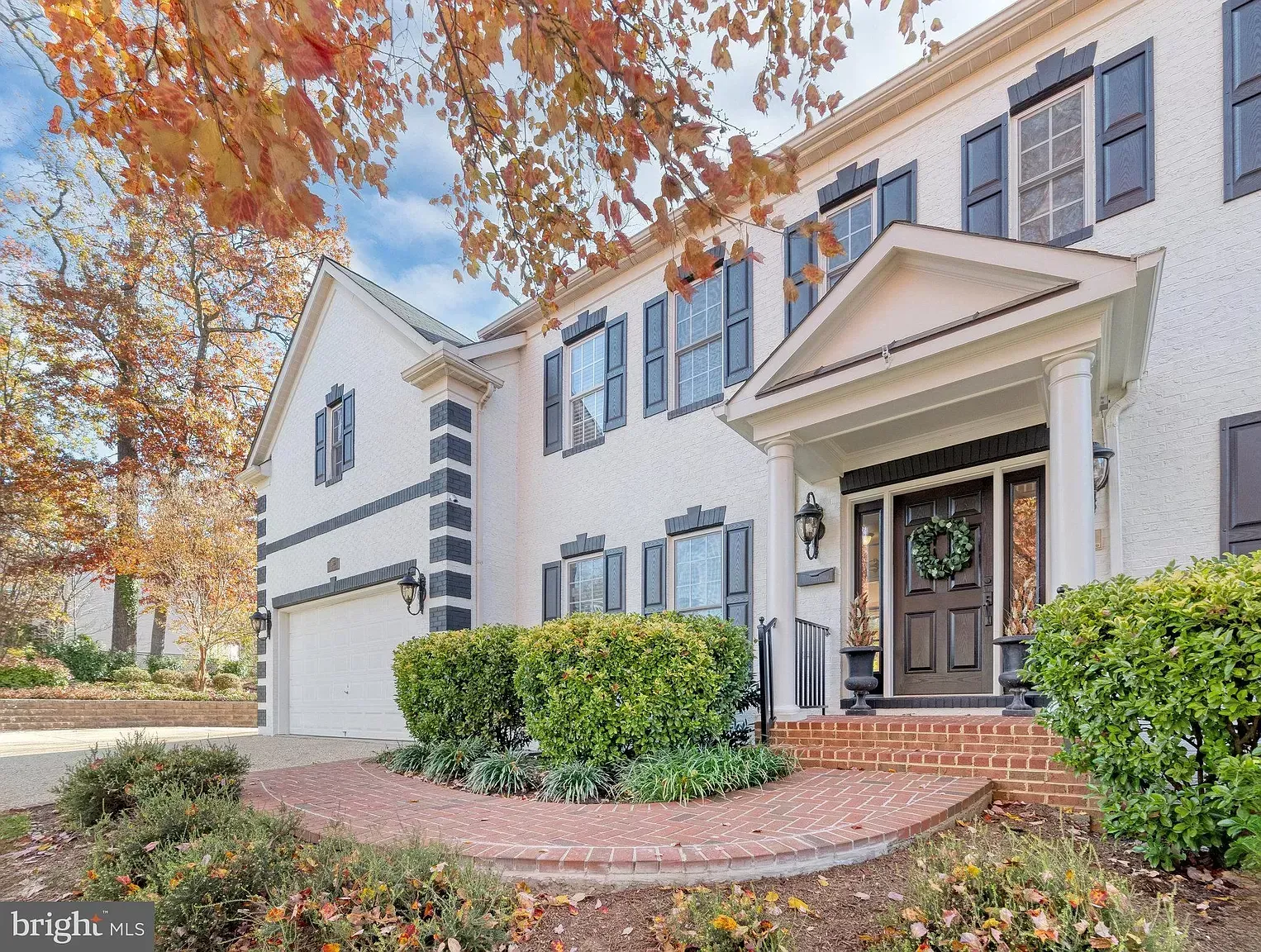To WRAP or NOT to Wrap in Real Estate?
I’m hearing talk in the Industry about some Agents wanting to bring back Wrap-Around Mortgages to the market. This approach is one method some agents pursue in order to creatively help Sellers and Buyers find a way around these high interest rates. Having been in both the Mortgage Finance and Real Estate Industry for over 40 years, I’ve seen a lot of things. This is one of them and I’ve been expecting to see this topic come up again. I personally do not advocate this approach and I'd like to show you the risks. So....PROCEED WITH CAUTION. Don't get bamboozled!
So, what is a Wrap?
A “Wrap” is actually called either a “Wrap-Around Mortgage” or an “AITD” which literally means “All Inclusive Trust Deed.” Ok……… In other words, this is a type of secondary mortgage financing where the Buyer will make monthly payments directly to the seller, often at a higher interest rate. You may start to see this topic come up because we may be heading into a bonafide recession.
For example, Seller's current mortgage is at 3.5%, but the Seller charges 6% to a Buyer so that the Buyer can have a lower interest rate and lower monthly payment than the 7.50% current market rate. This is the basic concept. In today’s market, a Seller wants a lower payment on their new house AND they may want to pull out equity from their existing home to use as a larger downpayment on the new home.
The Wrap-Around (AITD) is a brand new, recorded Deed of Trust which includes the balance due on the existing Mortgage Note AND the equity the Seller may have pulled out of the existing home for their own purchase. This is essentially comparable to “Seller Financing”, but with a twist. The Seller holds the Note and the Buyer pays the Seller directly. The Seller pays the original, existing mortgage plus the 2nd Wrap-Around Mortgage Note for the equity the Seller used, ostensibly towards the purchase of a new property.
Is a Wrap-Around Mortgage legal?
YES. However, they are not commonly used due to several factors which we shall discuss below.
Is a Wrap-Around Mortgage an Assumable Loan?
NO. An assumable mortgage is where the Buyer literally qualifies for, and assumes the existing mortgage loan. The Buyer then assumes the legal responsibility for paying the first-lien Note.
Who is liable in a Wrap-around Mortgage?
With a wrap transaction, there are two separate and independent sets of payment obligations. As a result, the Seller remains fully responsible for payment of this debt.
So what are the benefits and the risks?
BENEFITS:
BUYER
- If, for instance, the Buyer’s DTI (debt to income) is insufficient to secure a traditional mortgage loan at today’s rates, they might qualify for a Wrap.
- Buyer can purchase a higher priced house with a lower monthly payment.
- NO closing fees usually on a Wrap-Around Mortgage.
SELLER
- Sellers can earn a monthly profit that they can then use towards payment on their next mortgage where they may have a higher interest rate and thereby lower their new monthly mortgage payment.
- It opens up a larger potential Buyer pool in order to sell the home at a more desirable price.
- Property Title remains in the Seller’s name
RISKS:
- Default - Buyer Failure to Make PaymentsThis is a major concern, because if the Buyer is unable to pay the Wrap mortgage, the Seller remains liable to pay the existing 1st mortgage. If the Seller is unable to pay that mortgage the property may be foreclosed upon. Buyer will be forced out of the property.
- Default - Seller Failure to Make PaymentsIf the Buyer makes the direct payments to the Seller, but the Seller does NOT use that money to pay the original mortgage, the property can still go into foreclosure against the Seller, because the Title remains in the Seller’s name. This would then also ultimately impact the Seller's credit score. The Buyer would also be forced out of the property.
- Due on Sale RiskMortgages contain “due-on-sale” clauses which gives the lender the right to ask for the entire loan balance and demand repayment once the loan has been sold or transferred. A Wrap-Around is highly vulnerable to this if the lender decides to execute this right. The Seller needs to check with their current lender to determine if they will allow a Wraparound Mortgage BEFORE the Realtor markets this concept. If the Note does have this clause in it the “due on sale” clause could be triggered at the INITIATION of the Wraparound mortgage.
The actual Due-on-Sale clause as written in the Fannie Mae/Freddie Mac Uniform Deed of Trust reads:
“If all or any part of the Property or any interest in the Property is sold
or transferred (or if Borrower is NOT a natural person and a beneficial
interest in Borrower is sold or transferred ) WITHOUT Lender’s PRIOR
WRITTEN CONSENT, Lender MAY require immediate payment in full of
all sums secured by this Security Instrument.”
- In other words….The Seller must confirm with the existing Lender that they would allow a Wrap-Around Mortgage (AITD). If all of the parties decide to proceed with the Wrap-Around Mortgage without prior Lender approval, then it would be wise to have both the Buyer and Seller sign an Agreement that all of the risks are known and understood and they still agree to proceed with the transaction.
Breach of ContractIf the Seller does NOT get Lender approval to do the Wrap-Around Mortgage and the Lender exercises the Due-on-Sale clause, the Buyer will lose the home as a result of the Seller’s foreclosure. - Consider these 2 questions…………How long do you, as the Seller, want to be at risk of a potential Buyer default?
- How long do you, as the Buyer, want to be at risk of a Seller default because he/she did not forward your monthly payments to the Lender on the 1st Mortgage?
While this could certainly be beneficial to both the Buyer and Seller, it is very important to get legal advice before going down this road.
This is definitely a highly creative avenue in which to buy and sell a home, but it is NOT a course you should take lightly. Although many people have used Wrap-Around Mortgages, hopefully their Realtor and Mortgage Advisor will recommend that their real estate client solicit legal advice before proceeding with this type of transaction.



















